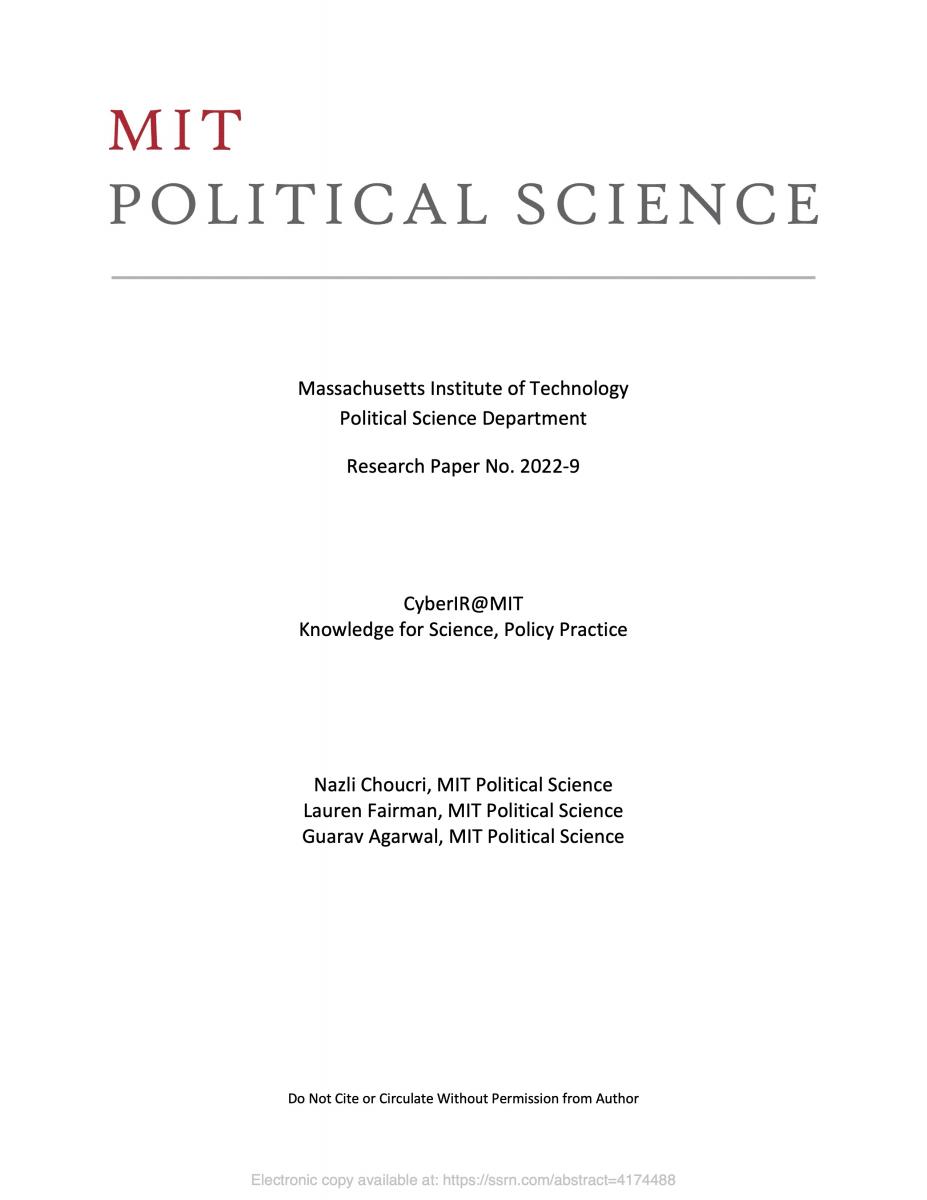URL:
Abstract:
The Biden administration and Congress consider cybersecurity as one of the top national security priorities as online crime and espionage reach unparalleled heights. To improve cybersecurity in federal agencies and in critical infrastructure, the administration has built a strong team and released a series of policy directives. This CSIS reports that 157 pieces of legislation addressing cybersecurity were introduced in 2021 by Congress, with suggestions and policies that specify capacity building and workforce development. This report highlights the U.S.’s efforts to accelerate securing cyberspace by building partnerships (like the Joint Cyber Defense Collective or JCDC) or the effort to create new mandatory requirements for private organizations while assisting the companies in forming a stronger cybersecurity structure. At the end of the site, CSIS gives realistic policy recommendations that align with real-world cybersecurity practices. For example, they suggest to the government that they should support Small and Medium-Sized Businesses through training or allocating more resources since they are not resilient to cyberattacks, nor do they have enough intention or knowledge to boost their cybersecurity measures yet. Though there are many suggestions on this website, CSIS argues that companies can raise the floor for cybersecurity by sharing existing approaches and resources. They suggest that the government, individual companies, and international organizations should engage in information sharing and cooperate together to seek new effective collaboration measures.
Year:
2022



